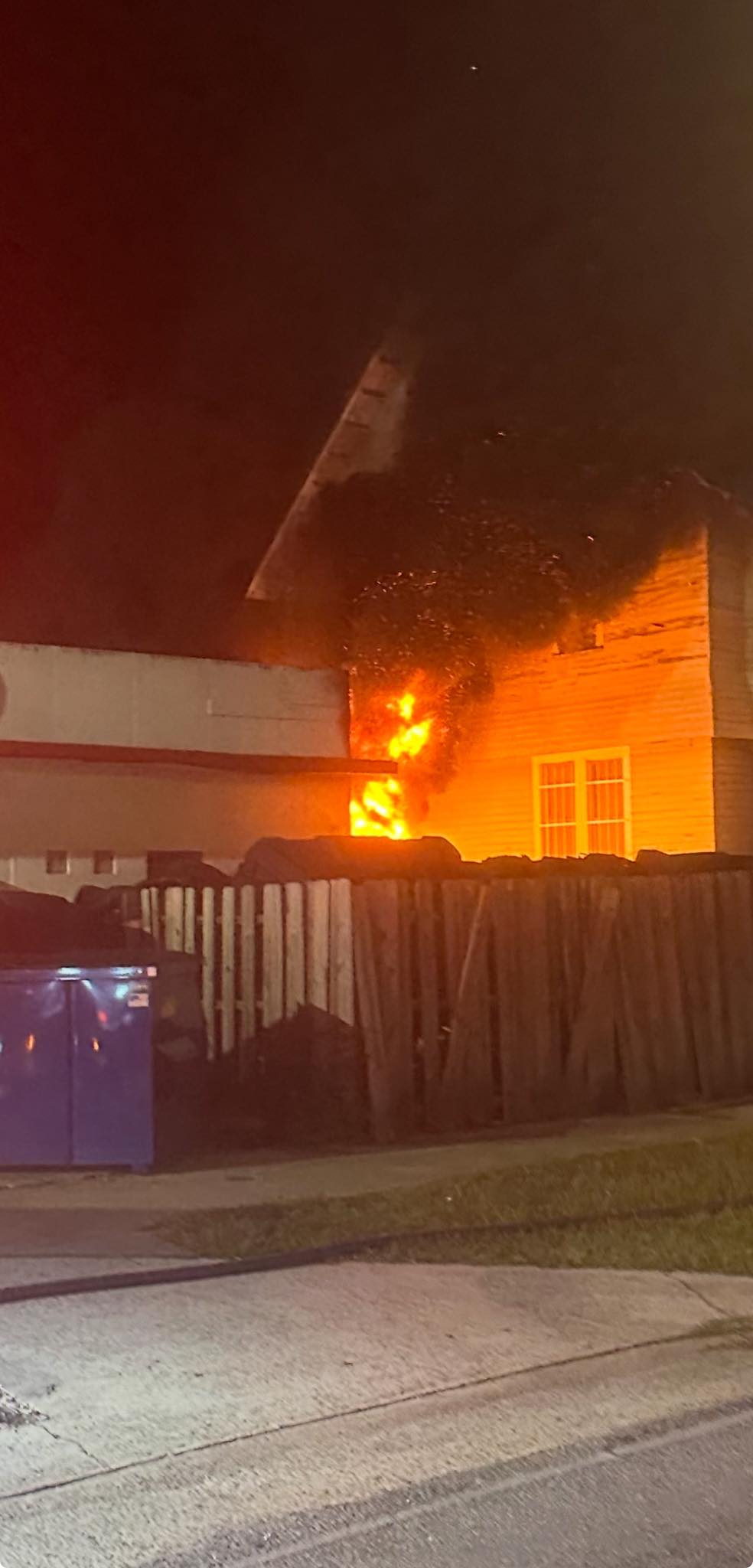WISENBAKER: Considerations on building your own home
Published 9:30 am Sunday, August 20, 2023

- Gary Wisenbaker
Building a home is a significant milestone for any house hunter.
It offers the opportunity to create a personalized space that perfectly matches their preferences and lifestyle. However, embarking on a home building journey requires careful consideration and planning to ensure that the end result meets expectations.
Trending
The threshold question is whether to build or purchase an existing home. While still somewhat elevated, building material and labor costs have moderated. At the same time, the squeeze in the existing home inventory levels have increased their values.
Many analysts think this creates an “either-or” scenario for today’s home buyers.
Building a house trumps the purchase of an existing home because of personalization. One of the most compelling reasons to build a home is the ability to personalize every aspect.
Buyers can customize the floor plan, select materials, finishes and design elements, ensuring the home aligns perfectly with their vision.
And in the long run, due to energy efficiencies in today’s materials, the new home will be less expensive to maintain and operate. Modern building practices and materials enable homeowners to construct energy-efficient homes that reduce long-term operating costs and environmental impact.
Buyers can invest in features like solar panels, energy-efficient windows and insulation to optimize energy consumption.
Trending
The element of surprise is also eliminated in new construction. Building from scratch allows buyers to start with a clean slate, minimizing unexpected issues commonly found in existing homes.
It eliminates the need for costly repairs that might surface in older properties.
While personalization is attractive, it is essential to prioritize upgrades that add genuine value and functionality to the home. Some upgrades are worth the cost, some aren’t.
Value adding upgrades include investing in energy-efficient appliances. While the upfront cost might be more, they will lead to significant savings on utility bills over time.
The same goes for quality insulation which improves the home’s energy efficiency and comfort levels, making it a valuable long-term investment.
And, of course, flooring. Opting for durable and aesthetically pleasing flooring materials will save on future replacement costs and enhance the overall appeal of the home.
Other upgrades, however, no matter how attractive at the time, may not provide a worthwhile return on investment, and buyers should carefully evaluate their priorities before splurging on them.
For example, while luxurious fixtures can add elegance to a home, their cost might outweigh the value they bring, and probably won’t be recouped. And, again, elaborate and high-end landscaping projects can be costly, time-consuming and require a great degree of maintenance.
Buyers might be better off focusing on low-maintenance landscaping solutions that still enhance the curb appeal.
As to builder-buyer contract details, buyers should be aware of the builder’s right to make substitutions. Builders might include clauses that allow them to replace specified materials or features with alternatives of similar value or availability.
And this is all well and fine, but the buyers need to make sure any substitutions are acceptable.
Substitution issues are manageable by making sure there’s a good communication flow between the builder and the buyers. Communication is also key to helping prevent misunderstanding regarding cost overruns.
No matter how meticulously a budget is planned, cost overruns can occur during home construction. Unforeseen circumstances or changes in the buyer’s preferences can happen when there’s supply chain interruption or labor problems, for example.
Being prepared for this inevitable event is best managed when a buyer has set aside a contingency fund before starting the project, say 5 to 10% of the contract cost. This safety net will help cover unexpected expenses without derailing the entire building process or sacrificing essential features.
Building a home is a huge learning curve both for the novice and the veteran of the process. While challenging at times, it can still be a rewarding experience. Proper planning and preparation will ultimately lead to the realization of a home that perfectly reflects the buyer’s vision and meets their needs for years to come.
Want to build a house? Just do it!
Gary Wisenbaker is a Realtor with Century21 Realty in Valdosta and can be reached at (912) 713-2553 or gwisenbaker@C21realtyadvisors.com.





